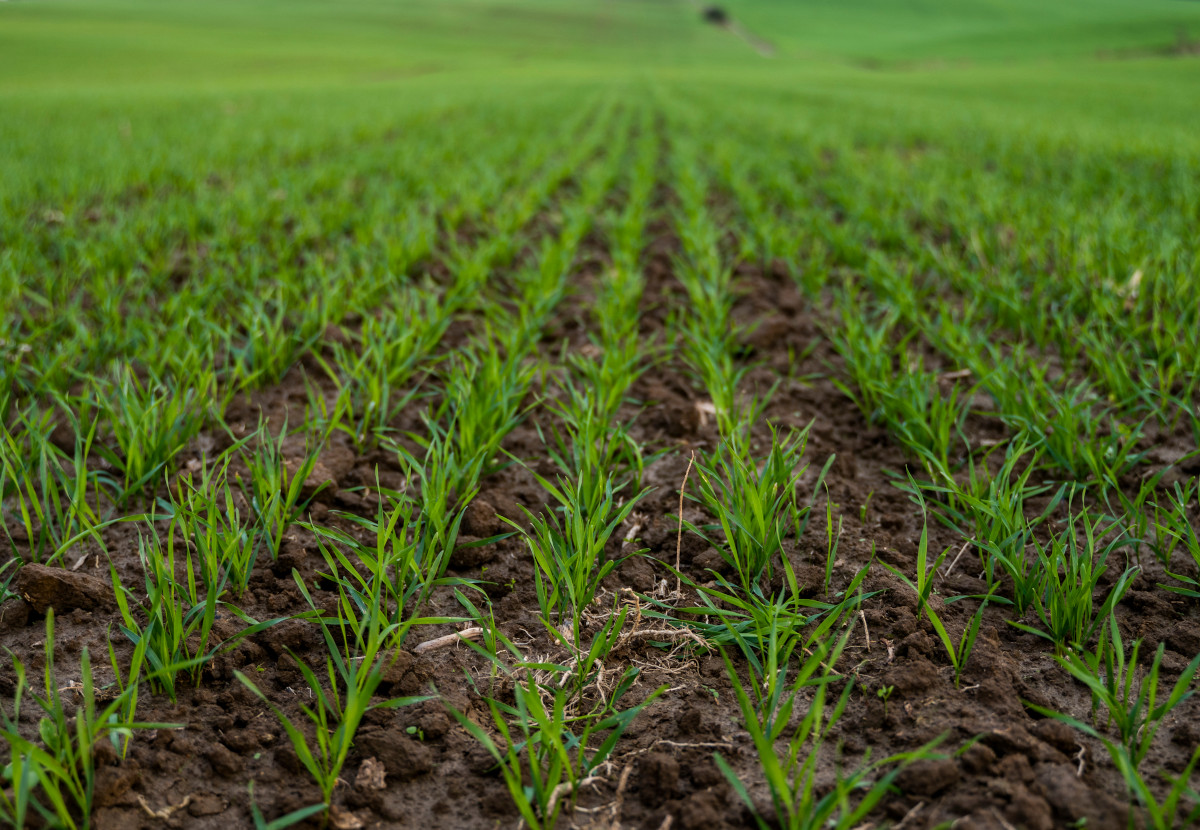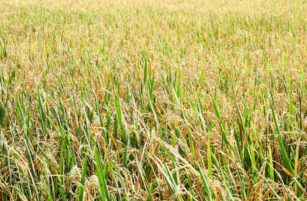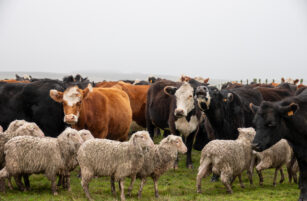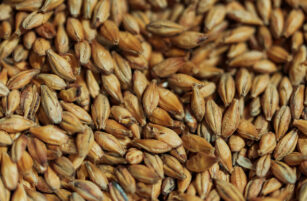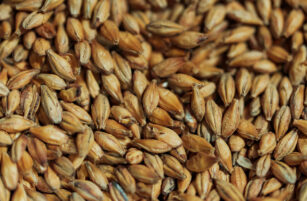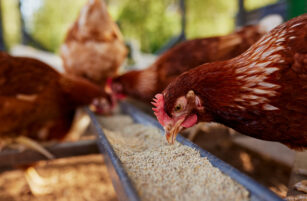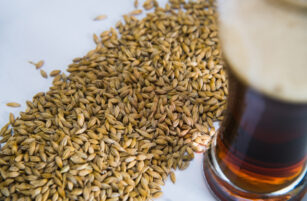Insight Focus
- Low UK rainfall has allowed first applications of nitrogen onto fields.
- Oil seed rape, wheat and rye have started to develop as spring approaches.
- It’s not clear if neonicotinoid pesticides will be allowed this year.
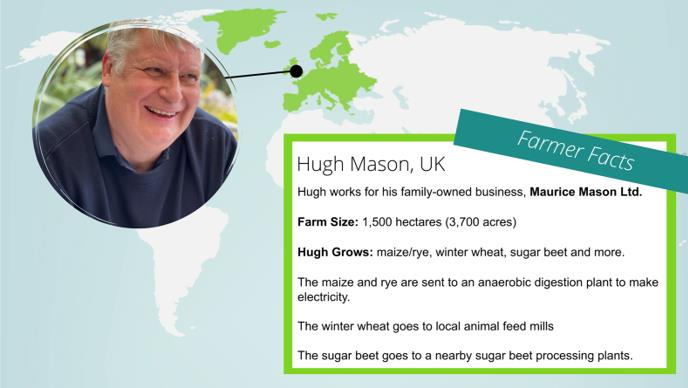
What’s Happening on the Farm?
Temperatures have bounced up and down over the last month, dutifully helping sugar beet rot. Those that haven’t have now been taken to the factory and I can happily say that sugar harvest has finished.
In preparation for next year’s beet crop, we are busily spreading farm yard muck and ploughing it in, although the day I went to photograph the activity the machine had broken down and farm staff had gone off to plant new hedges.
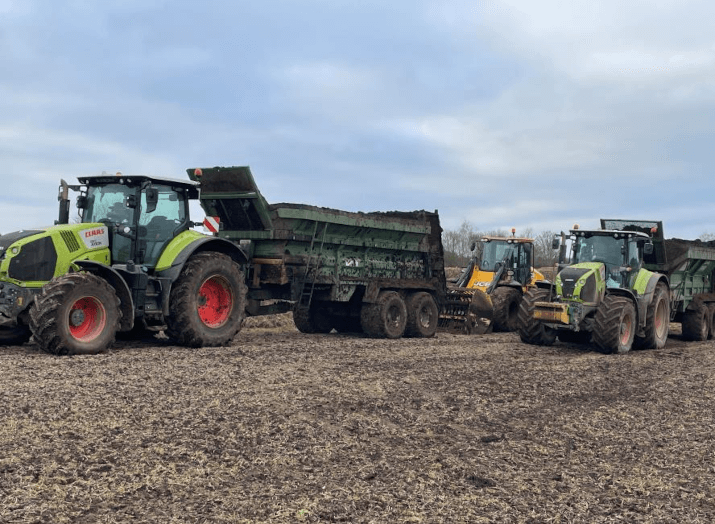
Rainfall has not come, we are some 45 mm short from the average. This has allowed us to travel well across farmland applying first applications of spring nitrogen & sulphur. We have done many state required nitrogen plans, to justify this activity. Also it is the time of year where we do our first long-term weather projection for summer yield – I’m not sure that harvest ’23 is made yet.
Crop Stage
Oil seed rape is now starting to actively grow although cabbage stem flea beetle will cause issues later, I suspect. I cheerily learnt this recently at a farmers meeting. I’ve been to many recently over the last month and a paper was presented on CSFB at one of these. It is no wonder the area continues to decline in the UK.
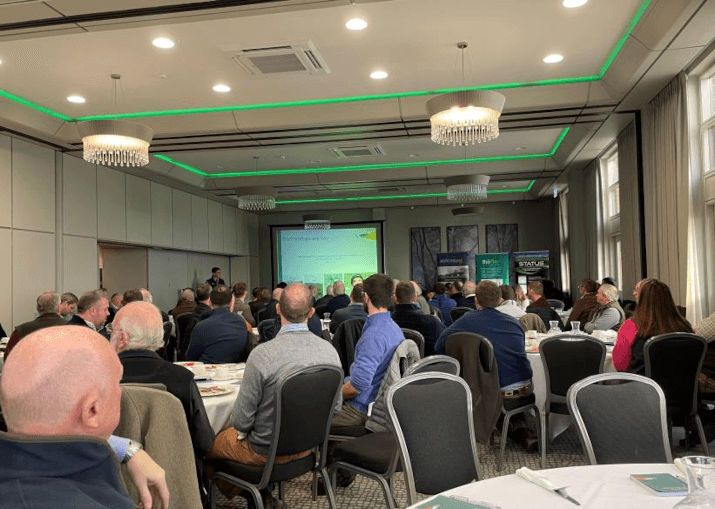
Wheat and rye are also showing signs of life, give it a fortnight of warm weather and England will look like a place worth living in.
Spring barley has not put its head up to see if this statement is true or not.
Big Concerns
Reading ADM’s CEO recent report about their business, summarised on Czapp, it makes for encouraging reading if you are a grower of stuff. But arable area is reducing at a surprising rate.
Although we are no longer a member, I observe the EU27 has now banned neonics, with the French government saying financial compensation will be given to growers if the aphids hurt the crop. It will be very touch and go on the use of neonics in England this coming year and it is likely to be our last year. But not to worry, the UK government is offering me £45/ha not to use insecticides. Conservatively, the loss of income is circa £200/ha if aphids get in.
My recently returned minister for food and everything else, has announced an attack on wood burning stoves.
The English rugby team – its 6 Nations time

Ambitions for the Year
Not necessarily for the year, but I have an ambition to get on top of the paperwork. I have help.

